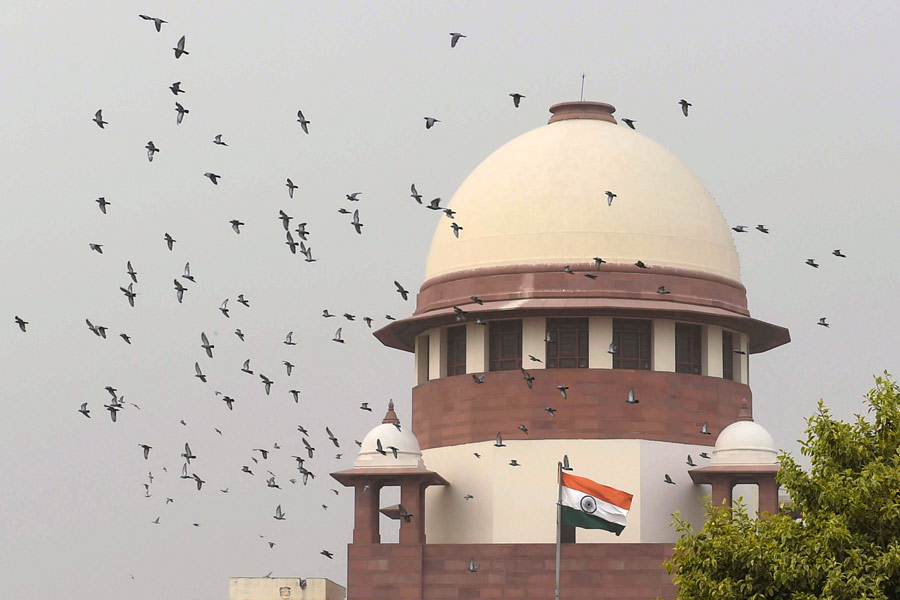The Supreme Court on Tuesday said it will lay down guidelines for all citizens on the issue of demolition of properties and reserved its verdict on pleas which have alleged that properties, including of those accused of crime, were being demolished in several states.
Observing that its directions will be applicable pan-India, the apex court said it will make it clear that merely because a person is an accused or even a convict, it can't be a ground for demolition of property.
"Whatever we are laying down, we are a secular country. We are laying it down for all the citizens, for all the institutions not for any particular community," a bench of Justices B R Gavai and K V Viswanathan said.
Observing that there can't be a different law for a particular religion, the bench said it will not protect any unauthorised constructions on public roads, government lands or forests.
"We will take care to ensure that our order does not help the encroachers on any of the public places," the bench said.
"Close for orders," the bench said after the hearing in the matter concluded.
After the bench said it was reserving its verdict in the matter, one of the advocates appearing for the petitioners referred to the apex court’s order of September 17 which had said there will be no demolition of properties, including of those accused of crime, till October 1 without its permission.
The lawyer urged the bench to extend its interim order.
“It is there till we decide this matter,” the bench said.
Earlier the court had observed that even one instance of illegal demolition was against the "ethos" of the Constitution. The apex court had clarified that its order would not be applicable if there was an unauthorised structure in any public place such as roads, streets, footpaths, abutting railway lines or any water bodies and also to cases where there was an order for demolition made by a court of law.
Except for the headline, this story has not been edited by The Telegraph Online staff and has been published from a syndicated feed.











